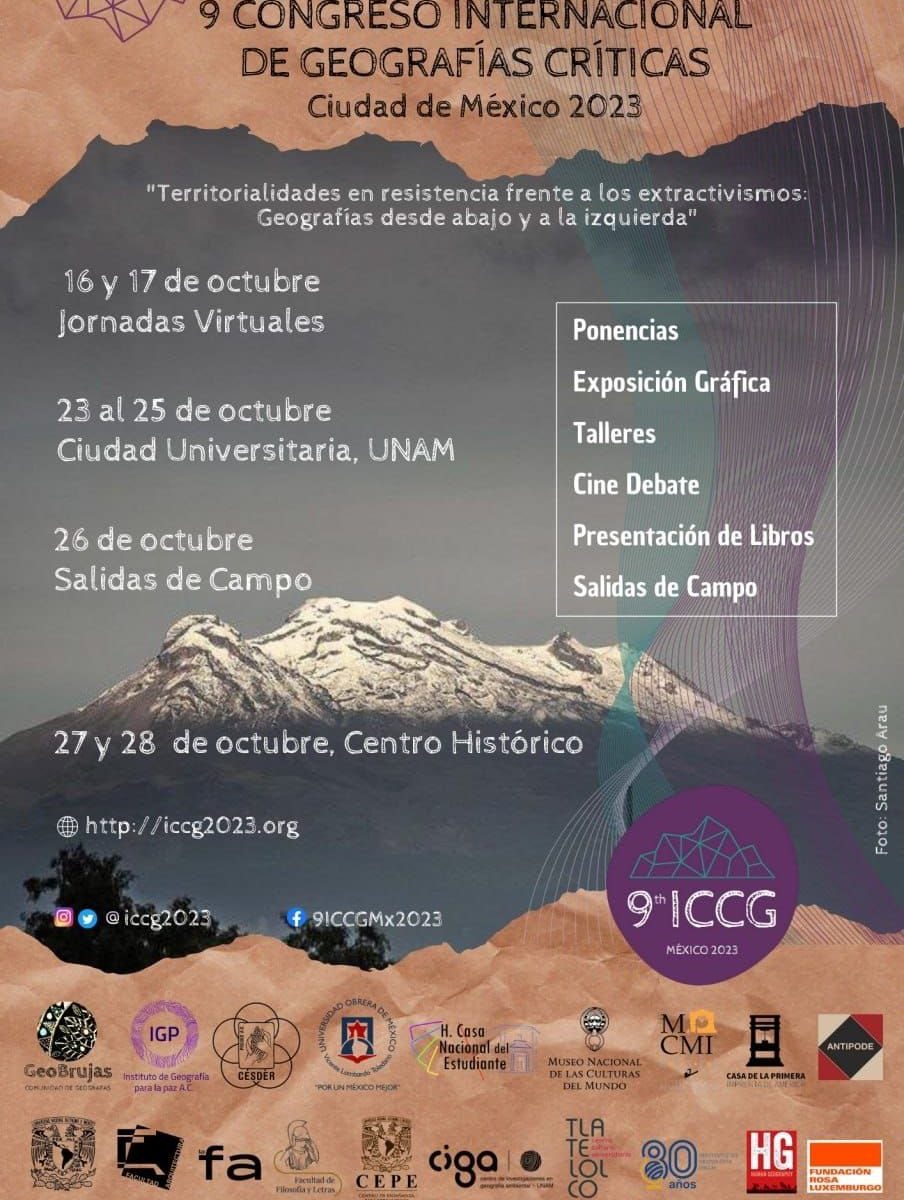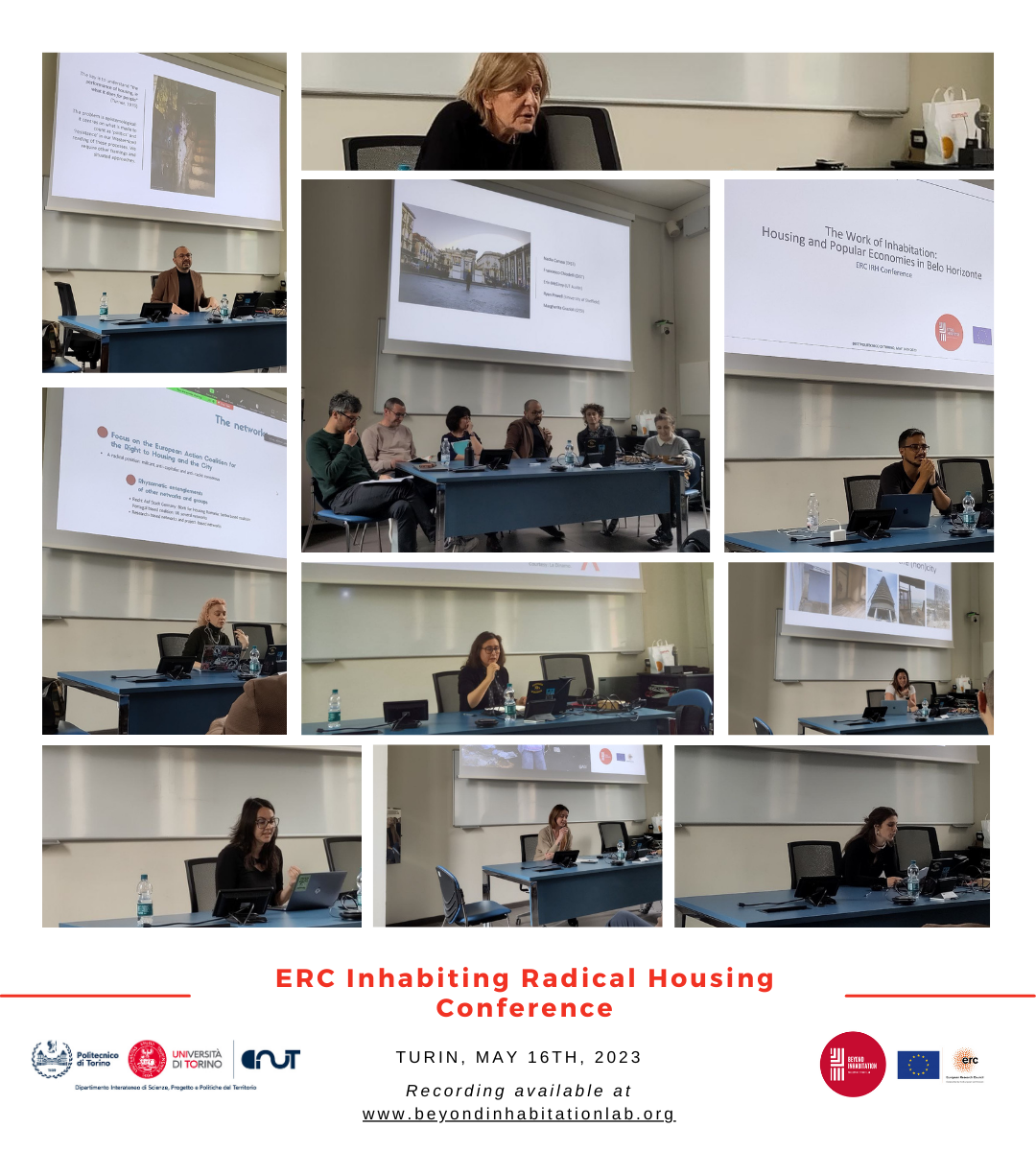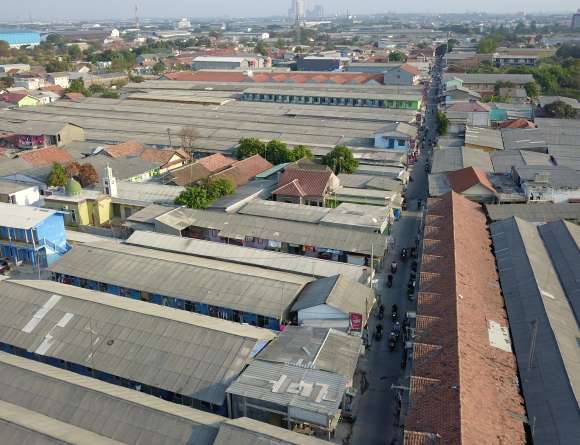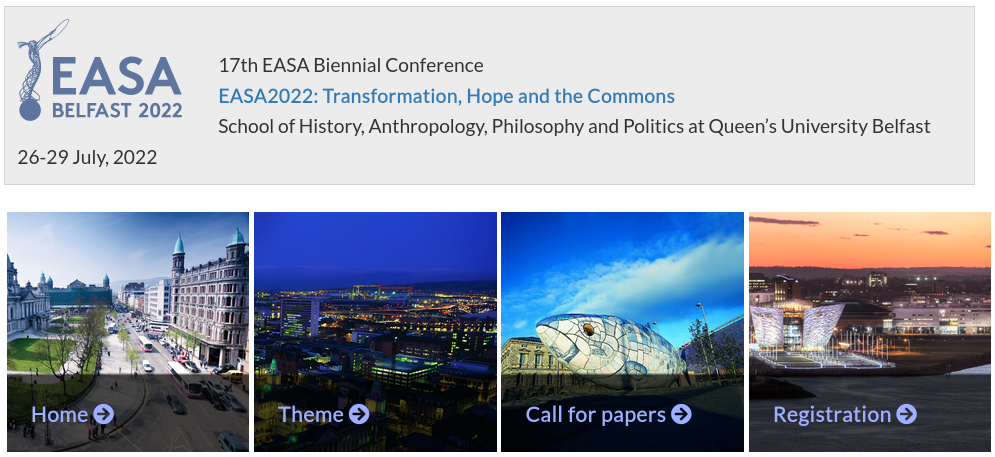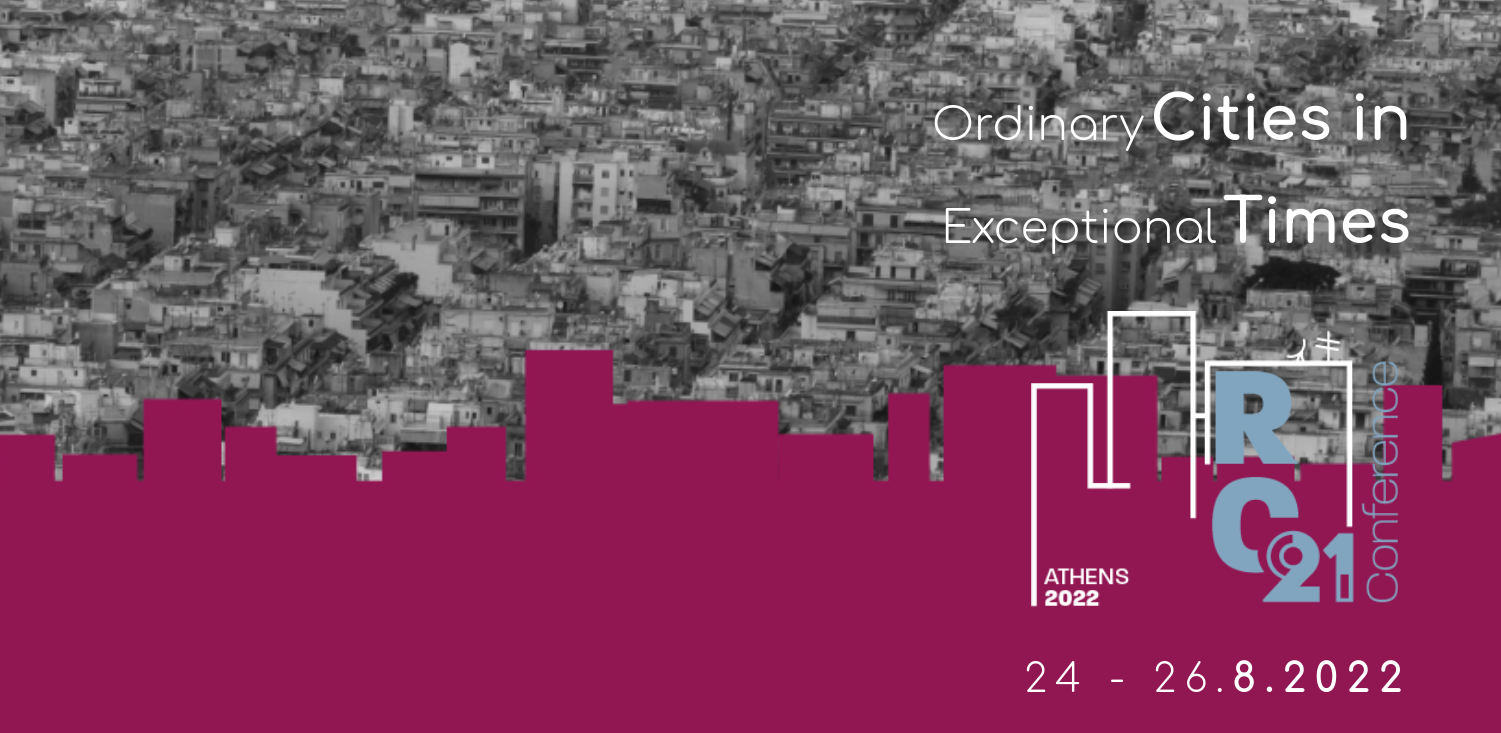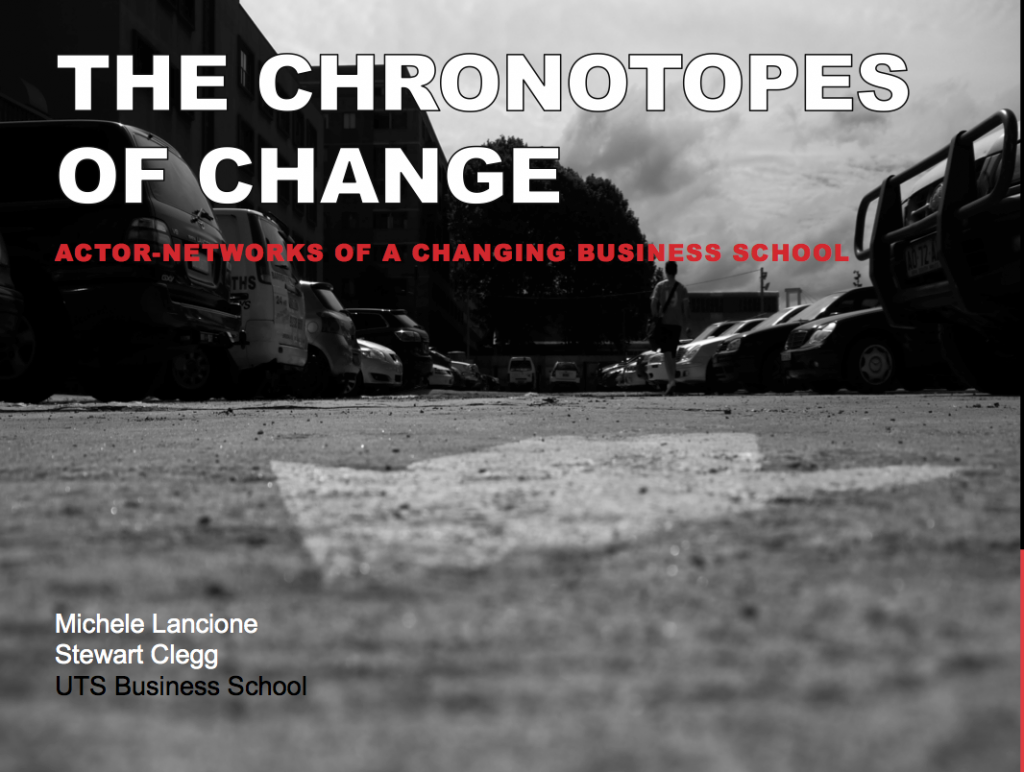Report from our ERC Inhabiting Radical Housing half-day conference + Video
Urban Life at the Extensions – Paris, 17-21 April – Lab event at ULIP
Beyond Inhabitation Lab at RGS-IBG 2022 conference in Newcastle, 30th Aug – 2 Sept
The Beyond Inhabitation Lab (www.beyondinhabitation.org) is excited to attend the RGS-IBG 2022 conference this week (https://www.rgs.org/research/annual-international-conference/). If you are in Newcastle, come join us for some of our events!
On Aug 30 @ 9am GMT, we will hold a lab launch panel where we will discuss our lab’s mission and current work. https://virtual.oxfordabstracts.com/#/event/public/2788/session/43792
Aug 31 we have 2 sessions on the theme of geographies of urban inhabitation, extensions, & situated resistance (9am, 11am). https://virtual.oxfordabstracts.com/#/event/public/2788/session/43734 & https://virtual.oxfordabstracts.com/#/event/public/2788/session/43759
Aug 31 we have 2 sessions on the theme of inhabiting radical housing: on the politics of inhabitation and intersectional struggles (14:40, 16:50). https://virtual.oxfordabstracts.com/#/event/public/2788/session/43785 & https://virtual.oxfordabstracts.com/#/event/public/2788/session/43810
Paper session at EASA 2022, Belfast, on ‘Inhabiting Liminality’ with Cacciotti and Simone
Short Abstract
This panel will discuss the condition of liminality related to housing precarity by questioning its conventional definition as a temporary in-betweenness, together with how it can become an example of social depotentiation or transform itself into collective political stances.
Long Abstract
Conventionally, anthropological understandings of ‘liminality’ define it as a condition of temporary in-betweenness, in which a transition to a differential state is assumed. In other disciplines – such as urban studies – the same notion is related for the most to describe so-called ‘marginal’ contexts. In this panel, we are interested in exploring differential and more nuanced ways of understanding ‘liminality’ beyond current readings. We are doing so, inspired by research that has looked at conditions of housing precarity in a processual and situated way (Baxter and Brickell 2014; Vasudevan 2015), where the ‘liminal’ and the ‘marginal’ cannot be simply defined by ‘transitionary processes’ and/or social exclusion (Thomassen 2014; Cacciotti 2020). With this we mean to explore those situations in which experiences of ‘housing precarity’ show that the ‘liminal’ is both a space of potential annihilation and dispossession, as well as a space that can be inhabited against prevailing forces (Lancione 2020; Simone 2016).
We are interested in contributions that situated experiences of precarious housing and their politics of liminality at the intersection of everyday experiences and longitudinal and structural processes of economic, cultural, societal and racial dispossession.
Through conceptual and empirical work (involving, for example, squats and other informal occupations, evictions, homeless centers, reception centers), this panel will shed light on how a localized liminal and precarious housing condition can become an example of social and economic depotentiation or transform itself into collective political stances.
RHJ call for paper for the RC21 in Athens: Intersectionality and housing struggles (abstract by 31 Jan)
Submit by 31st Jan!
CFP – The city and the margins: Ethnographic challenges across makeshift urbanism
 I am co-organising, with Tatiana Thieme (Cambridge) and Elisabetta Rosa (Aix-Marseille), the following CFP for the RGS-IBG Annual International Conference 2015, Exeter, 2-4 September 2015. Please take it into consideration and feel free to forward it to your contacts. Thanks!
I am co-organising, with Tatiana Thieme (Cambridge) and Elisabetta Rosa (Aix-Marseille), the following CFP for the RGS-IBG Annual International Conference 2015, Exeter, 2-4 September 2015. Please take it into consideration and feel free to forward it to your contacts. Thanks!
The city and the margins: Ethnographic challenges across makeshift urbanism
Session convenors:
Michele Lancione, University of Cambridge (ml710@cam.ac.uk)
Tatiana Thieme, University of Cambridge (tat27@cam.ac.uk)
Elisabetta Rosa, Aix-Marseille University (elisabetta.rosa@mmsh.univ-aix.fr)
In recent years urban geographical literature has paid increasing attention to the study of marginality in cities across the globe. In particular, informal settlements, urban peripheries, liminal spaces and those inhabiting these precarious urban contexts are increasingly under scrutiny, showing a growing interest amongst urban scholars in investigating life at the margins (both in the Global North and South). Recognising that macro analyses and desk-studies obscure and essentialise the messy realities on the ground and at the margins, many urban scholars aim to engage in grounded research, and in the process are faced with considerable methodological questions about how the 21st city aught to be studied, let alone the makeshift city in contexts of uncertainty and precarity. ‘The city’ and its protagonists living on the margins are being depicted in relation to everyday modes of incremental encroachments, experimentation, and assemblage urbanism, as reflected in recent developments in urban and geographical scholarship hinging on critical academic reflection, politically engaged research, and granular portraiture of the city’s interstices. This recent urban scholarship invites us to unfold contextual dynamics of the “field” in their performative, affective, and more-than-human articulations. Studying ‘the city’ and the ‘marginal wo/men’ as separate entities, from the standpoint of pre-established theorisation, is thus no longer tenable: urban geographers can only grasp the dynamics of the city and explore the urban margins from the bottom-up.
Ethnographic methods of enquiry seem to have become obligatory passage-points to documenting and analysing the city and its margins. Participant and non-participant observations, semi-structured interviews, diary-taking, and visual methods are just few of the heterogeneous approaches deployed by current urban geographers. Yet, while the literature is rich of fine-grained accounts of how to theorise the contemporary city and its margins, not enough has been said about the empirical context shaping urban ethnographic investigations. Often, locked up between ontological constructivism and epistemological realism, these methodologies are taken-for-granted, leaving out the messy but increasingly valuable vacillations concerning how to define the ‘field’, or how the urban ethnographer should announce his/her presence as a researcher, as opposed to fellow urbanite, pedestrian, or by-stander. Urban ethnographer, put simply, is rarely fully discussed in terms of its implementation, the complex ethical dilemmas concerning positionality, and it is therefore often under-theorised as a contemporary methodology for studying the difficult, invisible, ‘no-go’ and in-between zones of cities. This raises a series of questions:
What does it mean to ethnographically investigate the city today, building on the latest developments in urban and geographical thinking? Are traditional ethnographic methods enough, or do they need to be re-thought alongside theories of ‘cityness’? What does it mean to undertake such ethnographic works at the urban margins? How can one investigate marginality on the ground without diminishing the richness of theory, and how can such investigation open up new scope for theorising life at the margin?
This session will focus on the issue of ethnographic thinking and methods in relation to the investigation of life at the margins, including research related to performances, more-than-human agencies, assemblages, atmospheres and events. We are less interested in discussing the value of ethnography in itself, and instead aim to address some of the following points:
- Theorising ethnography, the margins and the vitalist city;
- New ethnographic methods for new urban theory;
- Re-thinking the margins through ethnography;
- Following and tracing the action at the margin: empirical challenges;
- Being-in-process and being-assembled: positionality at the margins;
- The politics of researching life at the margin today (academia, activism, political relevance);
- Issues of comparison in multi-sited ethnographies
- The challenge of representation in ethnographic research
- Writing ethnography in academy papers: the space of methodological account
- Doing ethnography at the margins: the Global North and South
- Navigating the ‘field’ in urban ethnography, and negotiating your place within in
Abstracts of no more than 200 words should be sent to all convenors – Michele Lancione (ml710@cam.ac.uk), Tatiana Thieme (tat27@cam.ac.uk) and Elisabetta Rosa (elisabetta.rosa@mmsh.univ-aix.fr) – by Monday 9th February 2015. We will notify the authors of selected papers by Friday 13th February 2015.
5th Nordic Geographers Meeting, in Reykjavík
Tomorrow I am going to take part to the 5th Nordic Geographers Meeting, in Reykjavík. I am going to present a paper written with Stewart Clegg, on how Business Schools are responding to the Global Financial Crisis and on the new “creative” take on Business Education. Below the abstract – the paper is currently under review for Management and Learning.
“The Global Financial Crisis and the New Architecture of Business Education”
After the recent financial crisis many Business Schools around the world have felt the necessity to revise their teaching and learning programs, as well as their overall approach to business education and research. They – as “local” entities – are answering to a supposedly “global” threat. New organizational patterns have been created and change has become, in a way, the mantra to incant. The paper investigates what these Business Schools are doing, identifying three main areas of change that represent their “new” model of business education. First, change is reified in the construction of new facilities, manly designed by “star-architects”, whose material architecture makes claims to shaping practices differently from the conventional broadcast mode of large-scale lecture theatres. Second, change take place in the designing of new teaching curricula, characterized by “critical thinking”, “creativity and innovative thinking”, and “experiential learning”. Third, among the set of practices involved in this new ethos (which has already been adopted, to varying degrees, by Business Schools such as Chicago, Harvard, Stanford and Yale), the integration between creative/design approaches and management have had a particular specificity. The paper takes as main (ethnographic) case-study UTS Business School in Sydney, Australia, which is currently undergoing a profound revision that include both a new building designed by Frank Gehry and a new teaching curriculum. On the basis of this case study, the paper offers two contributions. First, it traces how the global changes in Business Education are increasingly becoming inscribed in urban landscapes and teaching activities. Second, it confronts Business Schools with their responsibilities in producing a “new” model of Business education, the consequences of which are still largely unknown and under-investigated.
The chronotopes of change @ EGOS 2012
4 July, 2012 – 7 July, 2012 @ Aalto University & Hanken School of Economics, Helsinki, Finland – EGOS 2012, Design?!
I will present a paper (written with Stewart Clegg):
“The chronotopes of change: Actor-networks in a changing Business School”
This paper investigates the process through which the UTS Business School is re-shaping its identity through a process that includes, but is not limited to, the building of a new facility designed by the Canadian architect Frank Gehry (the Dr Chau Chak Wing building), as well as a major revision of the teaching programs. By investigating this project in an Actor-Network Theory fashion, and introducing the notion of chronotope, the paper answers three central questions related to the notion of change: How does organizational change happen in the daily life of a project? What gives unity to a chain of small relational changes? How can processual change possibly be managed? Theoretically, the paper argues that change emerges in the micro-dynamics of organizing, fragments that are sticked together by macro-dominant narratives, in a constant process of translations that occur between human and non-human actants. Moreover, the paper concludes by advancing a particular take on the management of change, which can be pursued only through a constant micro-politics of network maintenance and enactment.
More on my research on the Dr Chau Chak Wing project, here.

